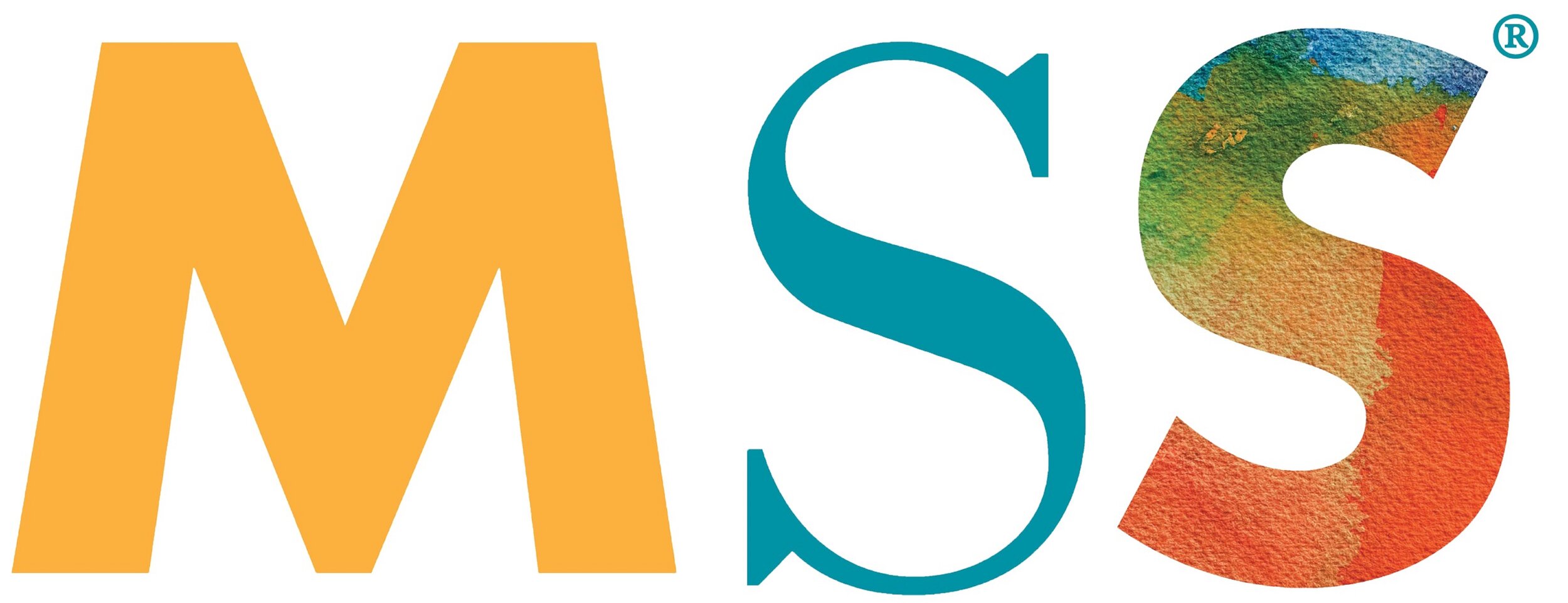Great Work: The History of Our Employment Program
2024 marks an incredible 75 years since the founding of our agency. As part of our celebration of this community's past, present, and future, we'll be sharing highlights from our unique history each month.
In 1951, a group of men with cerebral palsy began assembling small items for sale in their local West St. Paul community. They named their business "Han-Dee-Cap, Inc." It wasn't long before they were being sponsored by a neighboring organization: United Cerebral Palsy of Greater St. Paul—later known as MSS.
By 1955, Han-Dee-Cap had been formally adopted into our organization, becoming the first incarnation of MSS's Employment Program. The business quickly grew in scope and popularity: "They make and sell a gay assortment of wooden knick-knacks, such as pink elephant pull toys, lawn figures, red apple napkin holders, and woven placemats," reads a 1955 Pioneer Press article. "Morale has never been higher among the workers and one reason may be that, in the near future, three or four young women will join the boys in the project."
For many years, our in-house employment program specialized in quality assurance and assembly work. Deodorant, aftershave, and toy trucks were a few of the unique products that passed through our workshop on St. Paul's Payne Avenue. We also tested "talking" children's books, which were rigged to play recordings of Mickey Mouse, Donald Duck, and Bugs Bunny when the pages were turned. Former president Gene O'Neil writes about this era fondly: "Imagine doing a budget with this mumbo-jumbo of cartoon characters all talking in the background…"
As time went on, MSS sought to provide more opportunities for people to move beyond center-based programming and into the larger community. Unfortunately, community-based opportunities for people with disabilities were harder to find in those early days.
"We had a staff member who was trying to place somebody into a job, and there's one restaurant after another, and there's help wanted signs out," recalls former president Lyth Hartz. Yet these same businesses would frequently deny applications from people in our programs, claiming "we don't hire those kinds of people." However, thanks to MSS Employment Specialists and changing attitudes around disability in the workplace, community-based employment would eventually become more widely attainable.
Partnerships with local manufacturers, hotels, restaurants, and grocery stores came to form the backbone of our growing employment program. And, with the development of our innovative eTrac® job training software and new Pre-ETS offerings, people in our programs were able to enter the job market with greater confidence than ever before.
In recent years, we've also introduced art-as-employment options for individuals who are interested in becoming self-employed artists or exploring other roles in the arts industry. Expanding what "employment" means, says Julie Johnson, is how our programs will continue to evolve: "We're trying to find a way to support people in employment, and not think of it as a traditional job," she says. "Whether it's a food truck or a cookie business, we're just finding ways for people to be a part of the economy and really contribute to the community."
MSS officially ended in-house employment operations in 2015, solidifying our commitment to community-based work. Today, MSS supports over 150 individuals in exploring their employment options, navigating the hiring process, and advancing on their employment journeys. From the old Han-Dee-Cap workshop to the wide variety of employees we support today, every success story is a reminder: hard work pays off!




